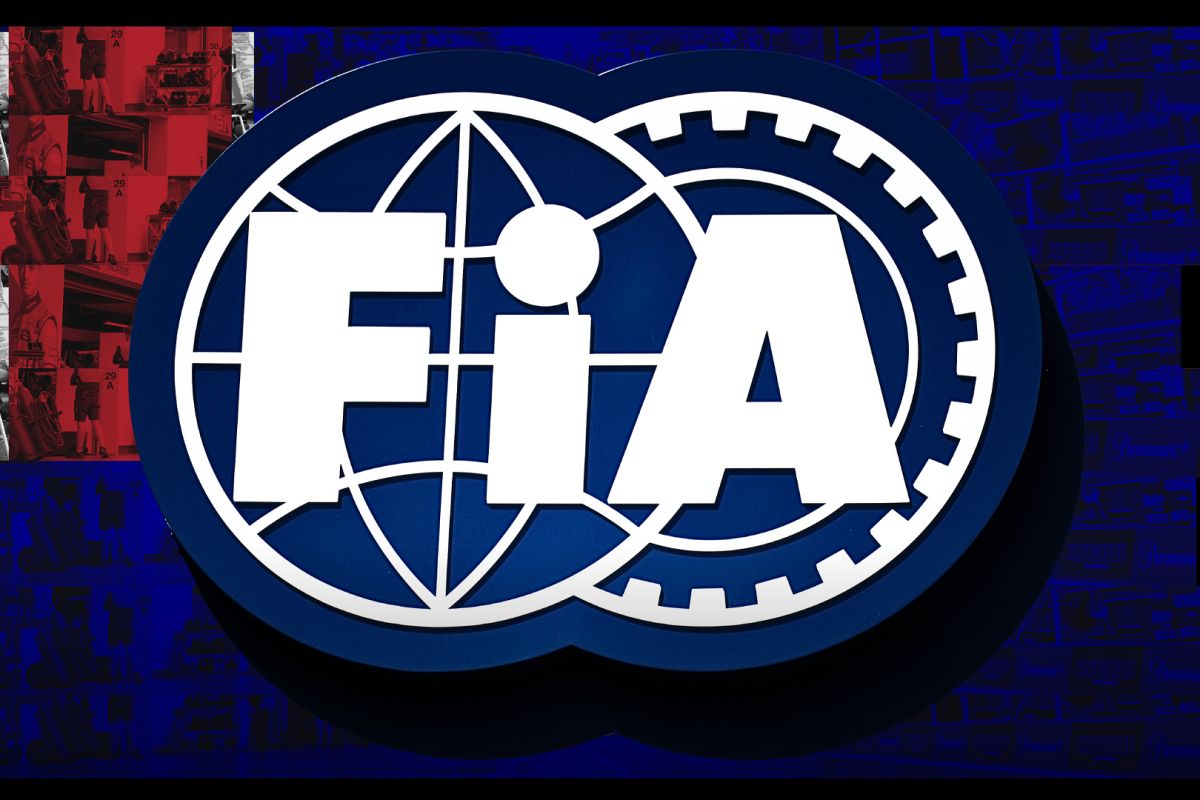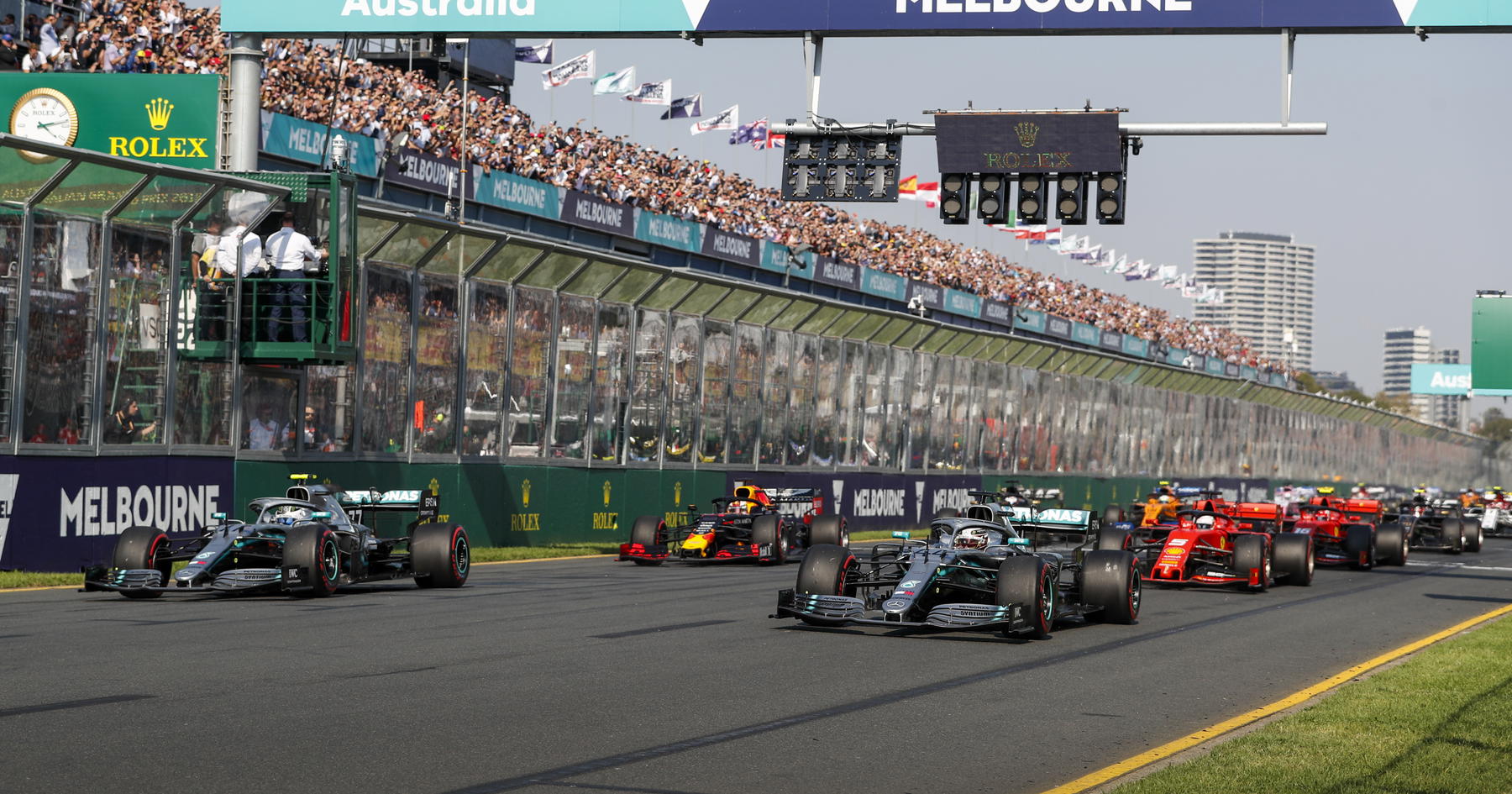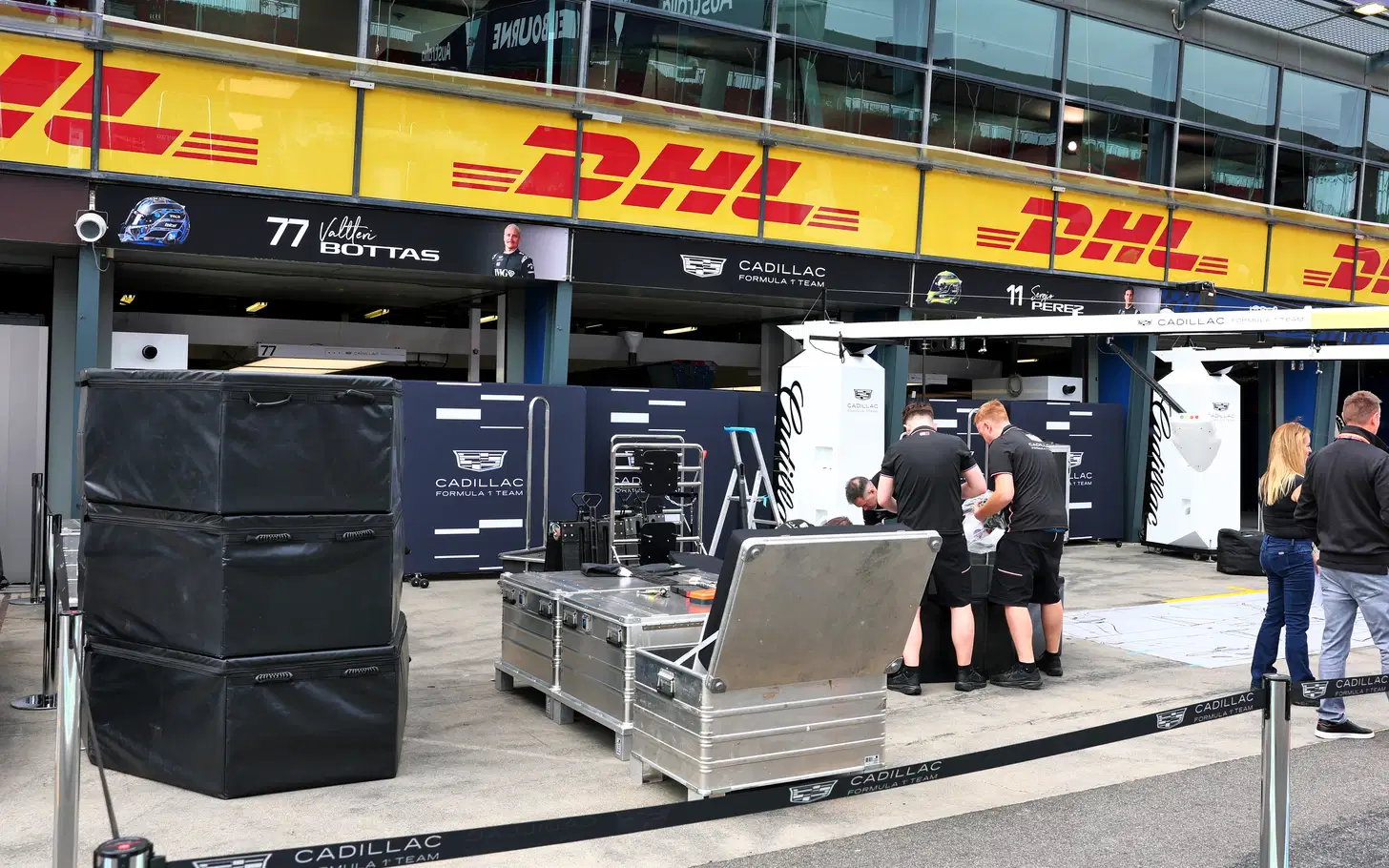FIA Conducts Routine Fuel Inspection on Max Verstappen at Miami Grand Prix
The FIA has confirmed that reigning World Champion Max Verstappen was one of the drivers selected for routine post-qualifying inspections at the 2025 Miami Grand Prix, including a detailed analysis of his car’s fuel sample. These standard checks, part of the FIA’s strict regulatory protocol, are carried out regularly throughout a race weekend to ensure all teams remain fully compliant with Formula 1’s technical regulations.
Following Saturday’s qualifying session at the Miami International Autodrome, the FIA released a scrutineering document outlining the various inspections and assessments conducted. This document revealed that Verstappen, alongside Ferrari’s Charles Leclerc, was selected for fuel sample testing after qualifying. Prior to the session, AlphaTauri’s Pierre Gasly and Ferrari’s reserve driver Ollie Bearman were also chosen for random fuel inspections, and in addition to that, they were asked to provide engine oil samples.
For Verstappen and Leclerc, the fuel samples taken from their respective cars were tested for density and then analysed through gas chromatography — a sophisticated method used to verify that the fuel used in their cars matches the specification approved by the FIA. The tests confirmed that both drivers had fully compliant fuel, with no irregularities found in the samples provided.
These types of inspections are commonplace during race weekends. The FIA routinely selects drivers at random to provide fuel and oil samples to ensure teams are adhering to the homologated fuel formulas approved for use. For context, a similar inspection occurred at the Japanese Grand Prix, where McLaren’s Lando Norris had his car subjected to the same type of fuel sample testing.
While fuel sampling is an important aspect of the FIA’s technical oversight, it is by no means the only check performed. The governing body’s scrutineering report from Miami highlighted a broad range of additional inspections that were conducted before, during, and after qualifying. These include weighing several cars to confirm they meet the minimum weight regulations, as well as checking fuel pressure levels and analyzing various engine components to ensure teams do not exceed performance limits set for speed or torque output.
Another lesser-known but vital check involves examining the steering wheel of each car to make sure all systems and electronic aids comply with the FIA’s strict regulations. Formula 1 teams must ensure every element of the car — down to the smallest technical detail — aligns with the rulebook, and the steering wheel is a critical component due to its integration with numerous systems and driver aids.
All cars tested in Miami passed their inspections without issue. This means Verstappen’s qualifying result stands, and the Red Bull driver will start Sunday’s Miami Grand Prix from pole position. He is set to share the front row with McLaren’s Lando Norris, who delivered an impressive performance during qualifying to secure second place.
The FIA’s rigorous post-session inspections are a fundamental part of maintaining fairness and integrity within the sport. With the stakes in Formula 1 often decided by mere fractions of a second, the governing body’s attention to detail ensures that no team gains an unfair technical advantage through unsanctioned modifications or the use of non-compliant materials.
Though fans often hear about penalties or investigations when something goes wrong, many of the FIA’s inspections — like those carried out on Verstappen and Leclerc in Miami — are simply part of their routine checks. These procedures rarely raise concern unless a discrepancy is found, which could lead to a penalty, disqualification, or further investigation. In this case, no such issues arose.
For Verstappen, the successful inspection allows him to focus solely on the race ahead. The Dutch driver has looked confident all weekend, and securing pole in Miami puts him in a strong position to extend his championship lead. However, with Norris starting beside him and Leclerc just behind, Verstappen will need to remain sharp in what is expected to be a fiercely competitive race on Sunday.
As for the FIA, their continued commitment to thorough and transparent technical inspections helps reinforce trust among teams, drivers, and fans alike. In a sport driven by cutting-edge technology and fine margins, the importance of regulatory compliance cannot be overstated.


